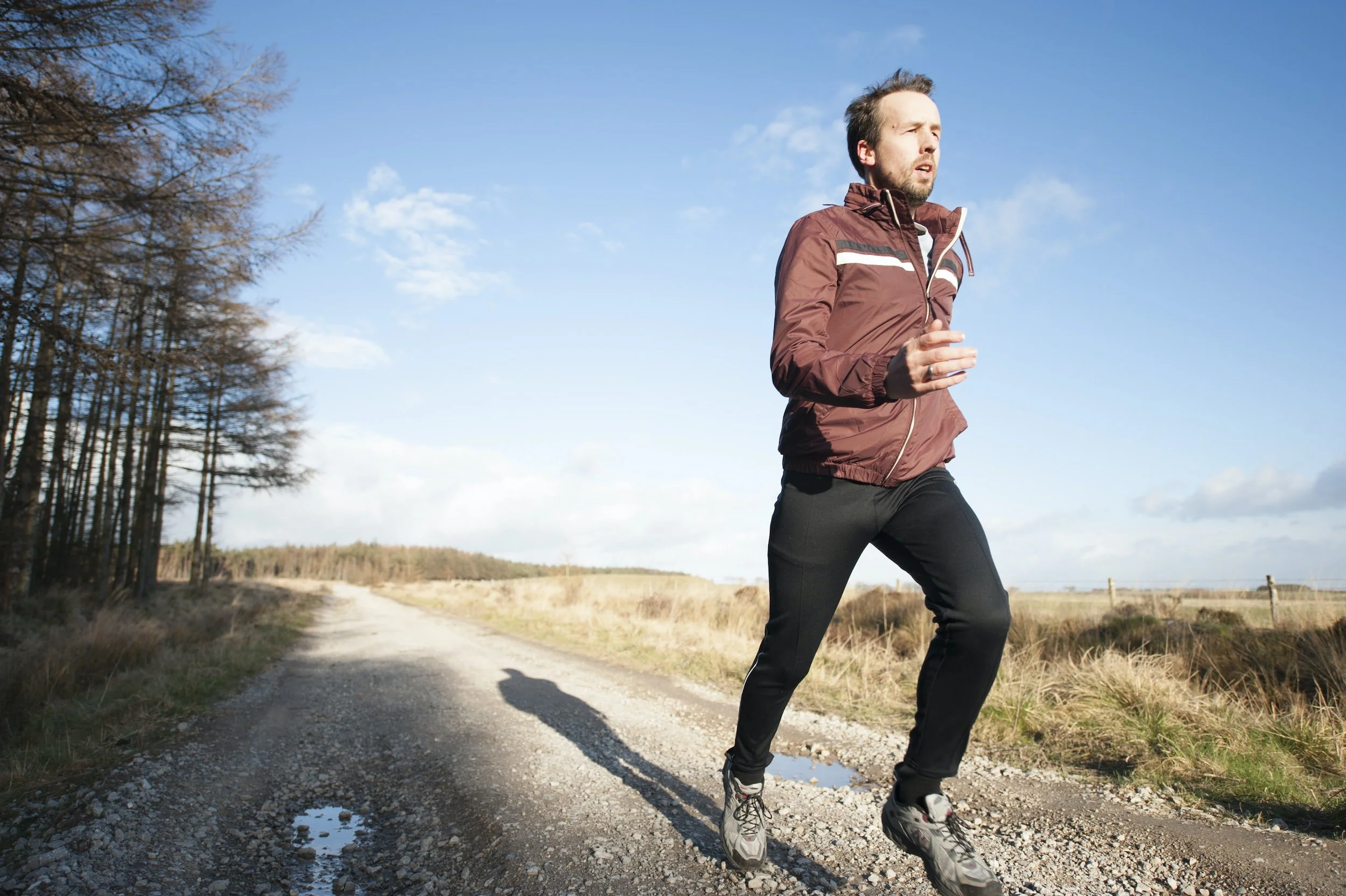Sleep Tips for Runners and Joggers
Physical activity is great for your mental and physical health. Moving your body regularly boosts self confidence, helps you age healthily and reduces the risk of many diseases. Running as an exercise is a great practise because it:
Provides an outlet for frustration and anger
Exercises and strengthens the heart (which is a muscle in itself and needs to be worked)
Builds healthier bones
Reduces the risk of cardiovascular disease
Actually improves your knees and back health and lowers arthritis rate
These are our top sleep tips and advice for avid runners and recreational joggers.
How much running do you need to do to benefit?
When people think of running for exercise, they picture long marathon runners and committing to hours and hours every week. In truth, even 10 minutes of running a day can give you all the added benefits.
But, if you are a long distance runner or run as your primary form of activity, then you need to be making sleep a priority.
How much sleep should you get as a runner?
The general rule for adults is that you need between 7 - 9 hours of sleep a night. Most say 8 as a nice clean number. If you are running longer distances or run for more than 20 minutes on average, your body may be seeking a little extra rest. Runners and athletes may find they operate better with 9 - 10 hours of sleep a night. Anything less than 8 is especially not recommended for runners or athletes of any kind.
How does sleep impact physical performance for sports?
Increasing your sleep duration and quality — because quality is key here too important — can improve your endurance. Since sleep is when our bodies recover and rest, it can reduce the impact of muscle aches, shin splints and prevent injuries.
Having quality sleep keeps your coordination, reaction time, form and speed all consistent. It fuels you so you can crush your times and train the way you need to.
Can sleep improve your running pace?
Sleep alone will not improve your pace or running form. It will, however, fuel you to train efficiently and give your body proper time to heal.
Sleep needs before a race or marathon
If you’re planning or training to run a marathon or other long race, you should try to get 9 - 10 hours a few nights before your race. Building up your sleep will help you with recovery after you run. Getting sleep the night before is especially important.
Tips for sleeping better as a runner
Whether you’re a marathon runner or use running as a way to add cardio into your day, these tips can help you sleep better at night.
1. Make sure you stretch
Achy muscles in your thighs, quads, back, calves and glutes can make it uncomfortable to sleep and seize up in the morning. Stretching after your race, but also before bed can help sleep soundly and without body aches.
2. Use heating pads on sore muscles
Heat reduces swelling, relaxing sore and tight muscles. It also helps to promote blood flow to speed up healing. Using a heating pad on sore muscles before bed or when winding down can help with pain and promote healing.
3. Try not to run close to your bedtime
Many people love running at night. But just like every other form of exercise, working out close to your bedtime can make you dehydrated, keep your hormone levels high and make you more alert and awake so you have trouble sleeping. You should try not to exercise 3 hours before bed.
4. Drink plenty of water after your run
Running and other aerobic exercises can make you sweat more than other forms of exercise. You need to replenish the water in your body, especially if you want to be getting quality sleep. Dehydration can throw off your body’s ability to produce melatonin, making it harder to fall asleep and stay asleep.
Sleep and running
SSleep is the best way to keep your body in shape for runs, jogs and any other physical activity. It’ll keep you in shape and help your body heal. Make sure you’re getting 8 or more hours of sleep a night, drink lots of water and make sure you stretch.
For other tips on how to improve the quality of your sleep, follow us on Instagram.


